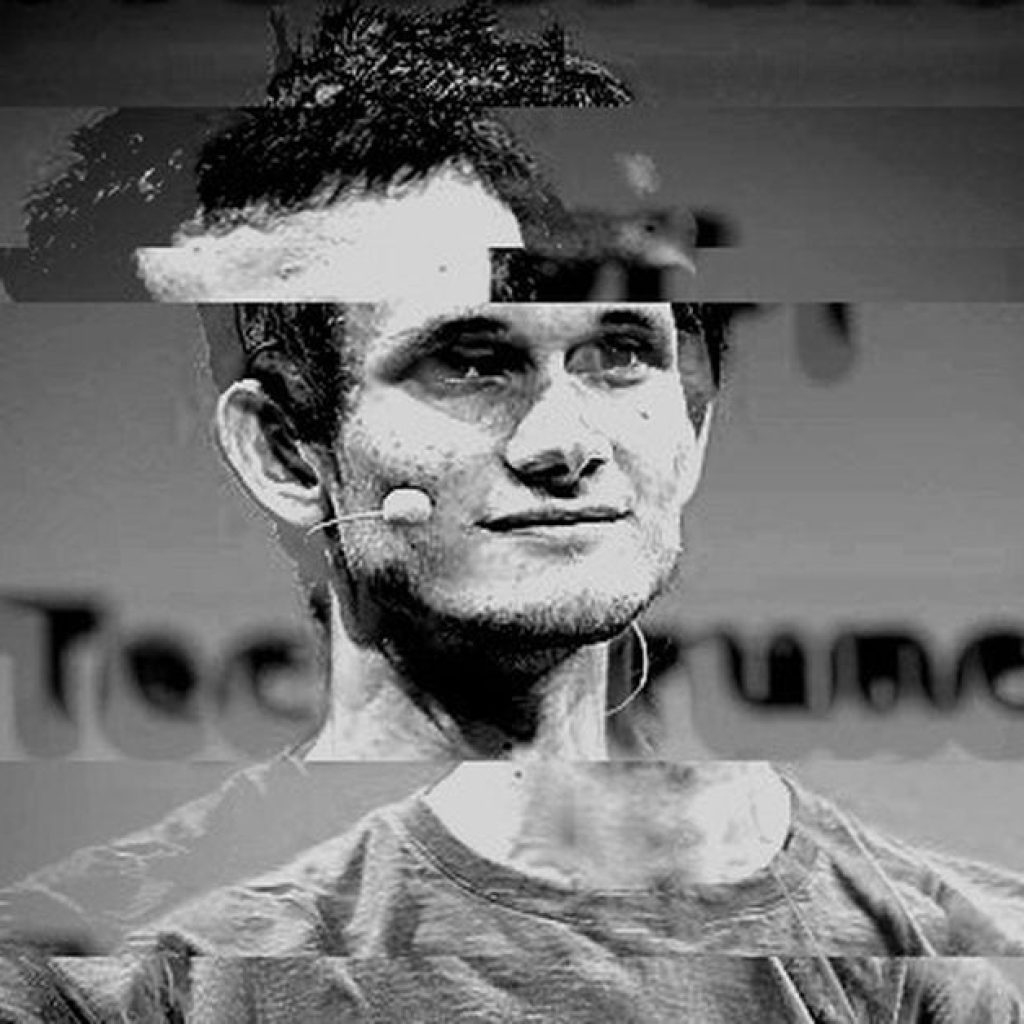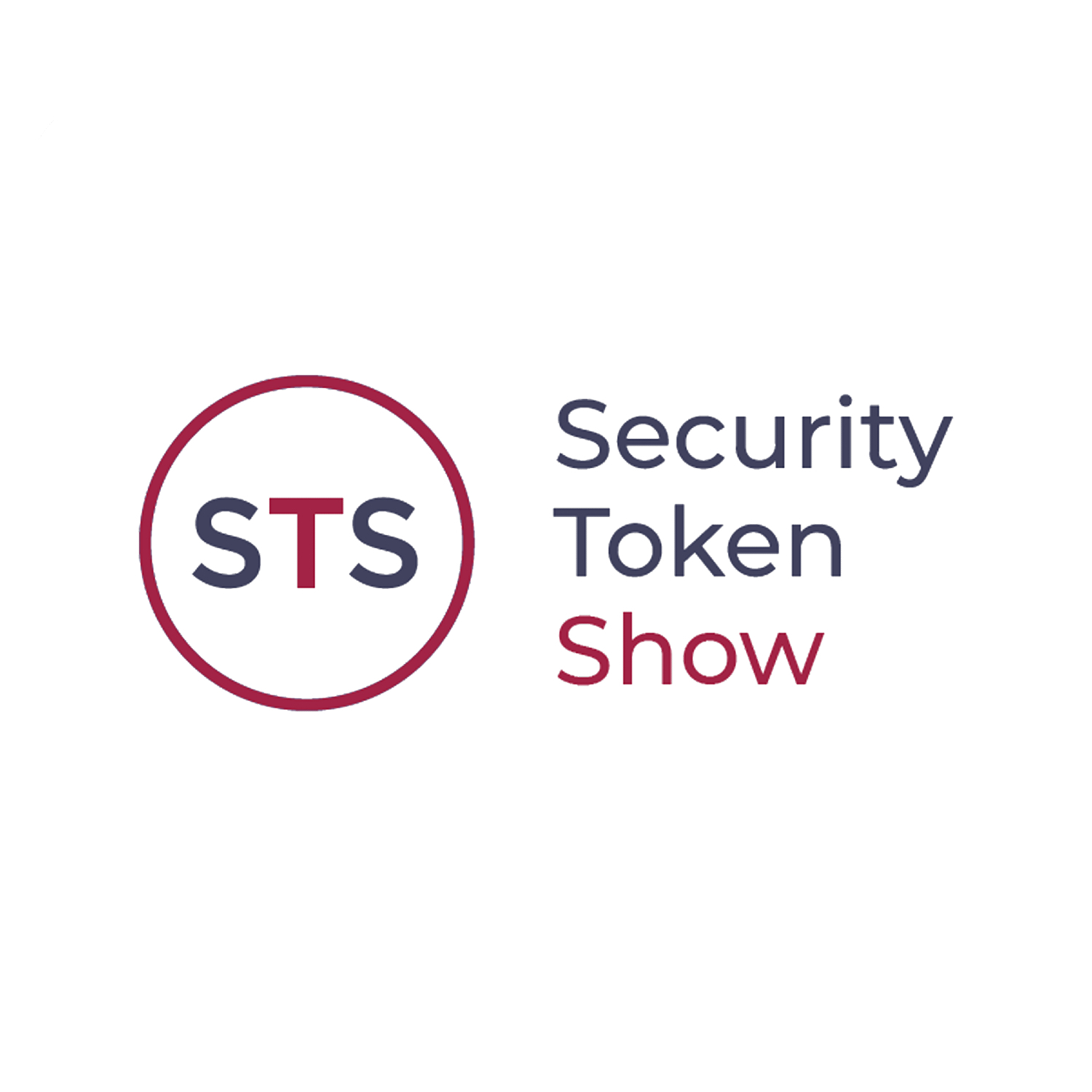
A DAO-based financial industry means lower fees across the board, accessibility, and transparency. Would it be possible?
Global banking network as a DAO
Imagining a DAO-based global banking network may seem far-fetched at the moment, but not impossible.
If blockchain technology is widely adopted within the financial industry, it is not hard to imagine a future in which banks are run as DAOs. In such a scenario, bank management would be decentralized, with power vested in the hands of the network’s members.
Furthermore, the adoption of DAOs will likely result in a more equitable distribution of power within banks and financial institutions. It could lead to a more democratic form of governance, one that can better meet the needs of all stakeholders, including customers, employees and shareholders.
A global banking DAO would also mean transparency across the board, lower fees and increased public access to financial services. Until then, what remains to be seen is how quickly these organizations will embrace this new model of governance.
The impact of DAOs in banking and financial institutions
The adoption of DAOs in banking and financial institutions will profoundly impact the way these organizations are managed.
DAOs can help rebuild customer trust in banks, especially in an increasingly digital age where customer expectations have changed. Applying DAO governance models in banks may just be what the industry needs to bridge the gap between fintech and established financial institutions.
In addition, DAOs can support banks in tapping into new markets and customer segments. The remittance market, for instance, is currently underserved by traditional financial institutions. With DAOs, banks could reach these customers through innovative products and services.
How will DAOs empower advisers and investors?
DAOs will undoubtedly influence the conduct of financial advisor relationships and investment management.
Smart contracts can automate many tasks done manually by investment managers such as performance monitoring, compliance checking and asset allocation. This will free up time for advisers to provide other value-added services to their clients.
The use of tokens will also give investors the right to decide on the DAO’s operational methods. Consequently, this could further better transparency and accountability on the part of financial advisors.
Structure of a DAO in banking and financial institutions
Since DAOs don’t prescribe to traditional physical or hierarchical structures, it will likely look different within a financial institution compared to the standard centralized model.
Banks will most probably preserve a certain type of structure or hierarchy as required by law and regulations even as they adopt DAO. In actual business operations, however, a DAO can be organized in several ways.
For example, a DAO could be arranged around specific products or services, with each team responsible for its own area. It may also be constructed geographically, with teams located in different parts of the world.
It is worth noting that even within a traditional institution such as a bank, the very structure of a DAO connotes a level of decentralization that assigns power to its members equitably.
A DAO’s rules and regulations are encoded into smart contracts, enforced by the network of computers that run its blockchain. The DAO’s token, if any, also plays an important role in the organization’s governance.
This token will power the smart contracts and give its holders a say in how the DAO is run. Using a token also opens up the possibility for a DAO to raise capital through an ICO, which could fund the development of new products and services.
As for the DAO’s governance model, it can follow the structure of several DAOs like ConstitutionDAO, JuiceboxDAO, Ethereum Name Service DAO and Friends With Benefits DAO. To read more about governance models in DAOs, check out our DAO governance models: A beginner’s guide.
How do DAOs work for a bank-like business model?
DAOs can provide several services for banks, including asset management, compliance and lending.
Banks today are already using blockchain technology for things like payment, clearing and settlement, trade finance, identity and syndicated loans, according to The Financial Times. However, there are still many unexplored areas in banking where a DAO-based model might be useful:
Fundraising
In the crypto world, initial coin offerings (ICOs) are breaking down the barrier between access to capital and traditional services like capital-raising firms. Likewise, banks can use DAOs to raise capital from a wider pool of investors via ICOs.
Loans and Credit
Using decentralized technology in banking can eliminate the need for gatekeepers in the lending industry. DAOs provide more secure ways for people to borrow money, not to mention lower interest rates and better terms.
Trade Finance
DAOs could also streamline trade finance by digitizing paper-based processes and automating manual tasks. This would make it easier for banks to keep track of their transactions, thereby reducing the risk of fraud and establishing trust among global trade parties.
Securities
A DAO can help banks issue, manage and trade securities, both digital and traditional. Through tokenization of traditional securities such as bonds, stocks, and other assets and placing them on blockchains, banks can facilitate the creation of capital markets that are interoperable, efficient and accessible to the greater public.
Customer KYC and Fraud Prevention
Since DAOs are transparent and decentralized, they offer a way for banks to verify the identity of their customers while preventing fraud. Using smart contracts, banks can automate customer onboarding and KYC processes. Blockchain technology also offers financial institutions an efficient and secure platform for sharing information with other firms.
How can DAOs benefit banks and financial institutions?
Since DAOs are transparent and decentralized, they could make banks and financial institutions more accountable to their customers and clients.
DAOs may help restore trust in the banking system, which according to recent studies, has plummeted to a low of 29% post-pandemic.
Trust remains the most valued aspect of banking among consumers worldwide, according to Statista. Hence, if banks wish to remain in their customers’ good graces, they must offer more than just great rates and products. They need to rebuild the trust.
Top accounting firm Ernst and Young released survey results highlighting the sweeping banking landscape changes in recent years. Consumers, for one, now place fintech on top of their “most trusted financial services brand[s]” list at 33%, with banks lagging far behind at 12%.
Fintech is a broad category that includes any technology used to provide financial services, from mobile banking apps to online lending platforms. Banks have been slow to adopt new technologies, but the COVID-19 pandemic forced them to speed up their digital transformation to remain competitive.
Technically, FinTech and banks need not be mutually exclusive. In fact, many banks are now turning to fintech solutions to address various problems. One such option is DAO, which benefits both the banks and their customers.
What is a DAO in banking?
DAOs can help banks address common problems and streamline internal workflows by moving to a blockchain-based architecture.
Banks and financial institutions are some of the most centralized organizations in the world. A small group controls them, and their activities are often opaque. This centralization can make these firms susceptible to corruption, fraud, and mismanagement.
Since DAOs embody the characteristics of blockchain-based technology such as decentralization, transparency and security, they could assist in addressing the said issues.
A DAO for a bank or financial institution will be able to offer secure and efficient services without the need for a brick-and-mortar infrastructure, relying instead on DLT.
Benefits of DAOs
DAOs have many applications and are particularly well-suited for financial institutions and banks.
By eliminating the need for a centralized authority, DAOs help organizations become more efficient and reduce costs. Other benefits include:

Related: What is a decentralized autonomous organization, and how does a DAO work?
Decentralized autonomous organizations (DAOs)
Decentralized autonomous organizations, or DAOs, are digital organizations powered by decentralized technologies that operate without the need for a central authority.
DAOs are built on distributed ledger technologies (DLTs) such as blockchain technology and are designed to be transparent, secure and efficient. They offer a new way of organizing business and governance models that could potentially disrupt traditional organizations.





